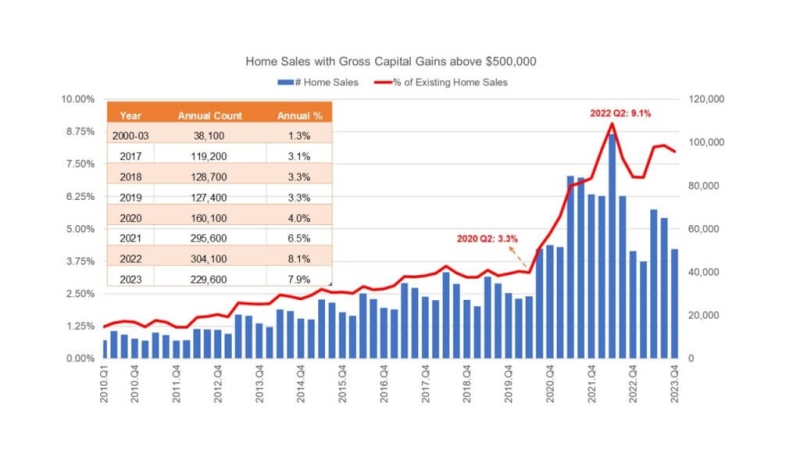Advertisement
Bipartisan FHA Measure Seeks Stability in the Mortgage Market

Senate Banking Committee Chairman Tim Johnson (D-SD) and Ranking Member Mike Crapo (R-ID) have released a discussion draft of the Federal Housing Administration Solvency Act of 2013, a bipartisan bill to ensure stability in the nation’s mortgage market and protect taxpayers. “The Federal Housing Administration plays a key role in our nation’s housing market, and I am pleased that Ranking Member Crapo and I have been able to work together on this bipartisan legislation,” said Chairman Johnson. “Our bill will give the FHA the tools it needs to get back on stable footing and strengthen a program important to many Americans, and I look forward to working with the rest of the Committee to move this legislation forward.”
The Federal Housing Administration (FHA) has helped stabilize the mortgage market since its creation in 1934, by ensuring qualified low- to moderate-income and first-time home buyers have access to mortgage credit. During the 2007-2008 financial crisis the agency served as a critical source of credit and prevented a catastrophic collapse in home values, saving an estimated three million jobs and $500 billion in economic output. However, FHA loans made at the height of the crisis suffered heavy losses, and without Congressional action the agency’s balance sheets will remain at risk.
“Chairman Johnson and I have crafted a bill that includes bipartisan, effective reforms that put FHA on a path toward improving its unsustainable financial condition,” said Ranking Member Crapo. “Many of these reforms include priorities from our colleagues on the Committee, and I am eager to work with them to return the FHA to a strong, self-sustaining insurance program that can remain a viable option for future homeowners.”
The Johnson-Crapo bill will give the Federal Housing Administration tools to improve its financial condition, including strengthened underwriting standards, enhanced lender accountability measures, and reforms to the FHA’s reverse mortgage program. The FHA has already taken steps to address its losses using existing authorities, and the additional flexibility granted by the Johnson-Crapo bill will enable it to stabilize its balance sheet and better protect taxpayers.
The Johnson-Crapo FHA Solvency Act will:
Strengthen Underwriting and Promote Long-term Solvency
►Create an advance warning system by raising the minimum for the Mutual Mortgage Insurance Fund’s capital reserve ratio to three percent. If the capital ratio doesn’t meet certain targets as it builds to the new minimum ratio, the bill would require HUD to take immediate action to address the shortfall while keeping Congress fully informed. This increased accountability and transparency will help ensure taxpayers are not unexpectedly left on the hook for bailouts.
►Require minimum annual mortgage insurance premiums to improve the long-term solvency of the FHA program. The premium levels will be reevaluated annually to ensure that the premiums cover loans’ expected risk and maintain the capital reserve ratio.
►Require HUD to evaluate and revise, as necessary, underwriting standards using criteria similar to the CFPB’s Qualified Mortgage (QM) rule. This will help better ensure borrowers get loans they can afford, and avoid foreclosure.
Improve Lender Accountability
►Require HUD to consolidate guidelines for lenders and servicers regarding the requirements, policies, processes, and procedures that apply to loans insured by FHA. This will eliminate confusion, clarify lending and servicing standards, and ease regulatory burdens.
►Provide HUD with broad new tools to hold lenders accountable for issuing inappropriate or fraudulent mortgages. Currently, HUD is limited in the damages it can seek from bad actors in the mortgage market. These new authorities will better protect taxpayers and hold lenders accountable when they break the rules.
Stabilize Reverse Mortgage Program
►Help stabilize FHA’s reverse mortgage program by giving the HUD Secretary greater operational and regulatory flexibility, while preserving opportunities for public comment.
About the author





